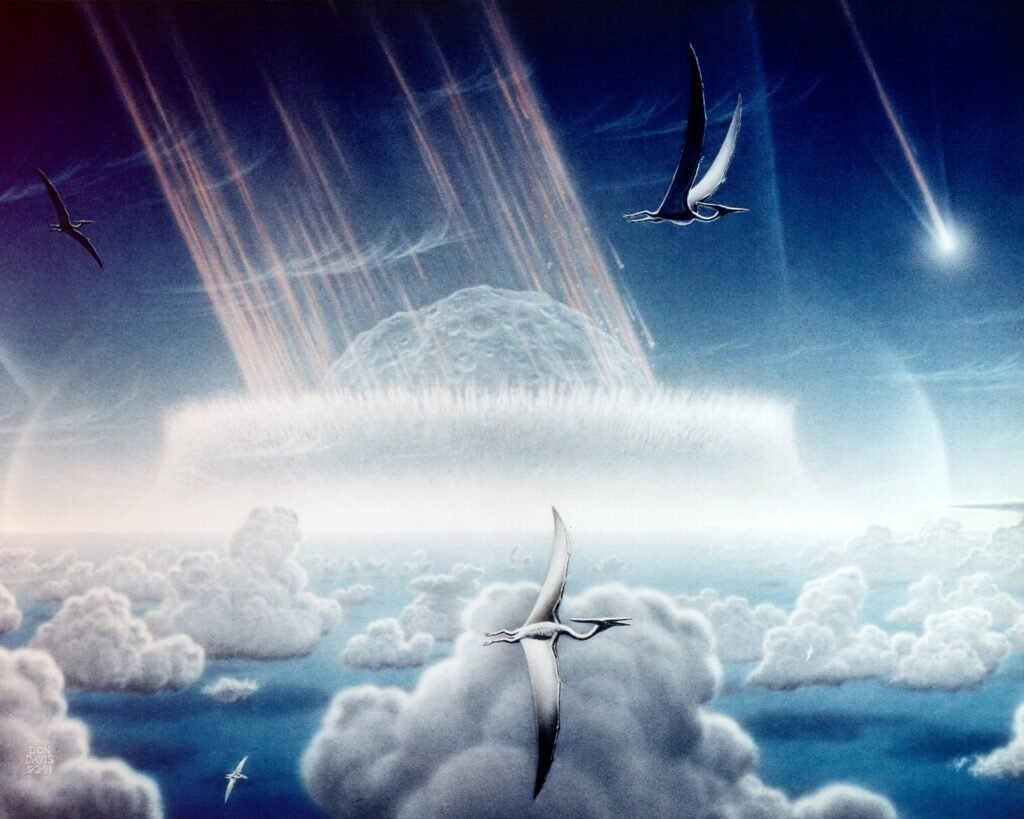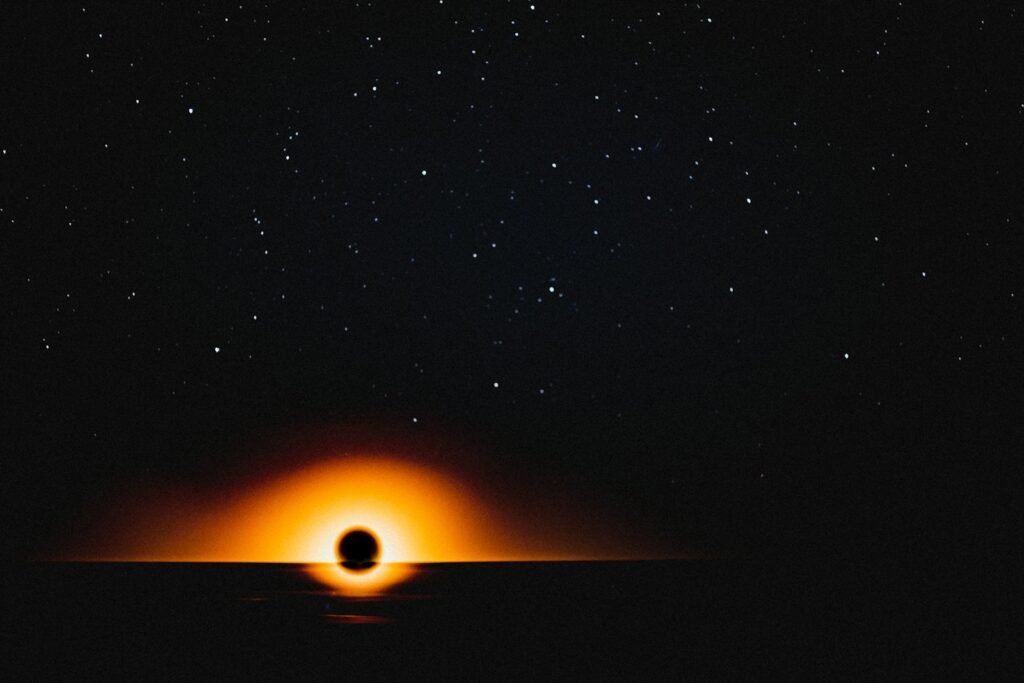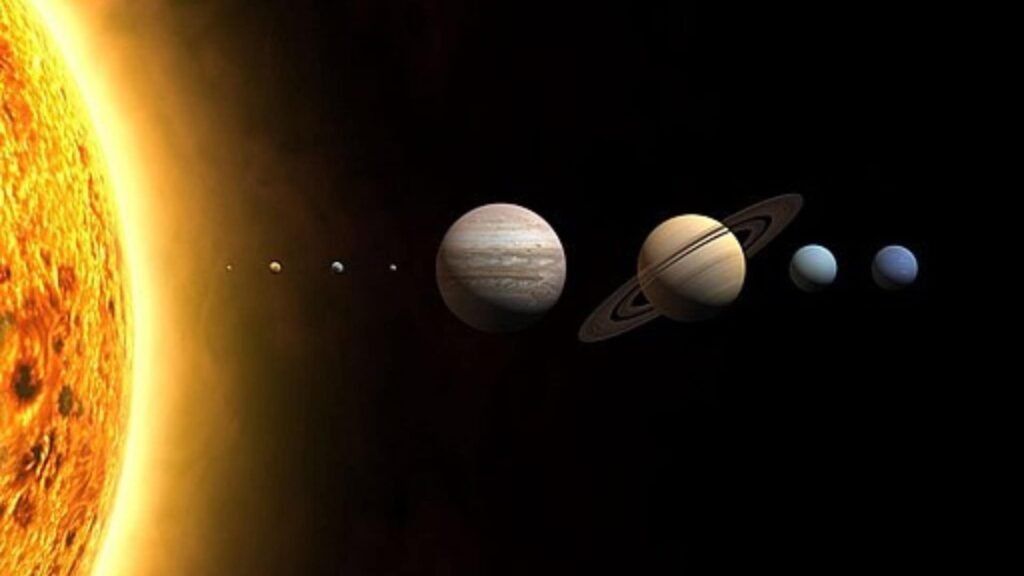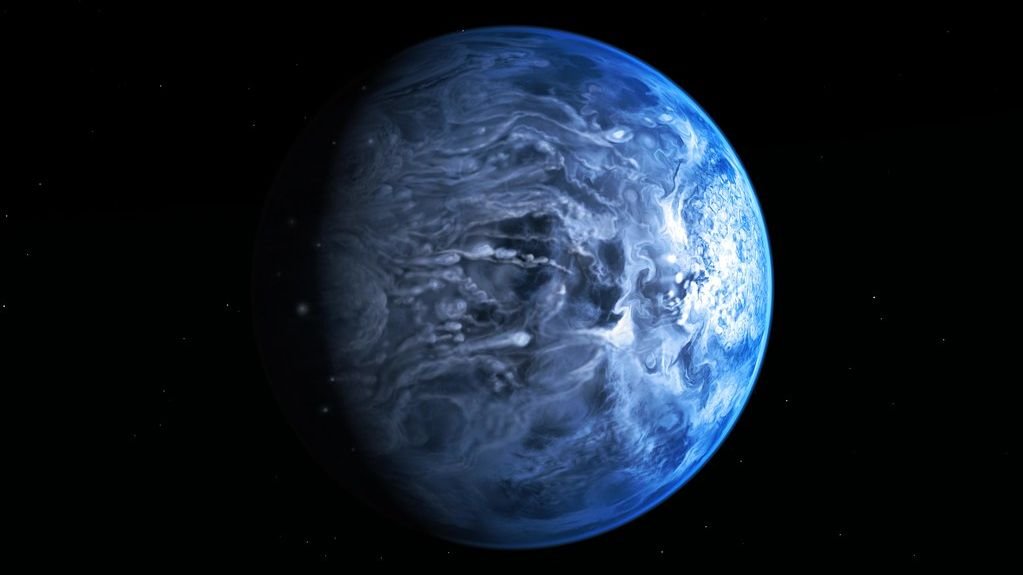The harmonious dance of planets within our solar system is a delicate act orchestrated over billions of years. But what if this balance were disrupted? The Earth, our home planet, maintains a precise orbit around the Sun that allows life to thrive. Altering this orbit could plunge us into chaos, but what would this new reality look like? In this article, we delve into the science of planetary chaos and explore the hypothetical scenario of Earth changing its orbit.
Understanding Earth’s Current Orbit

To comprehend the implications of a changed orbit, it’s crucial to understand Earth’s current trajectory. Earth travels around the Sun in an elliptical orbit, while maintaining an average distance of about 93 million miles (150 million kilometers). This distance is critical in keeping Earth’s climate stable, with balanced seasons that support diverse ecosystems.
The Role of Gravity in Maintaining Orbits

Gravity, the invisible force governing the skies, ensures that planets maintain their respective orbits. The Sun’s gravitational pull keeps Earth tethered in its path, while Earth’s velocity keeps it from spiraling inward towards the Sun. Any alteration in this balance could lead to catastrophic results for our planet.
Potential Causes for Orbital Change

An Earth orbit shift might be triggered by significant gravitational interactions with another celestial body, like a rogue planet or a massive asteroid. Human interventions, such as large-scale geoengineering projects, could hypothetically impact Earth’s rotation speed or axial tilt, though this remains within the realm of science fiction for now.
Closer Proximity to the Sun: A Fiery Outcome

If Earth were to inch closer to the Sun, even slightly, the increase in solar radiation could pose severe threats. Our planet’s temperatures would rise dramatically, glaciers would melt at an alarming rate, and sea levels would surge, endangering coastal communities. Life, as we know it, may struggle to adapt to such rapid environmental changes.
Drifting Away: A Frozen Planet Paradigm

Conversely, if Earth’s orbit expanded further from the Sun, our planet might face a permanent winter. Decreased sunlight would lead to cooler temperatures, potentially plunging the Earth into a new ice age. This colder climate would hinder agriculture, disrupt weather patterns, and could cause widespread food shortages.
Impact on Seasons and Ecosystems

A deviation from our current orbit would disrupt Earth’s seasonal patterns. The timing and intensity of seasons could alter drastically, impacting agriculture, wildlife breeding cycles, and biodiversity. Such changes could collapse ecosystems reliant on specific climate patterns.
The Effect on Human Civilization

The implications for human society would be profound. Cities might need relocation due to climate shifts or rising sea levels, leading to economic and social upheaval. Resources would be strained, potentially causing conflicts over essentials like food and water.
Technological and Scientific Adaptations

Faced with existential challenges, humanity’s ingenuity might shine. Technological advancements in climate control, sustainable agriculture, and energy could adapt civilization to new conditions. Scientists would likely redouble efforts to understand and mitigate these changes, aiming to stabilize the planet’s climate.
Learning from Other Celestial Bodies

Studying planets with varying orbits in our solar system can offer insights into Earth’s potential fate. Venus, closer to the Sun, showcases the effects of a runaway greenhouse effect, while Mars presents a world slipping into eternal cold. These examples underline the delicate balance required for life-supporting conditions.
A Cosmic Perspective

This hypothetical scenario underscores the critical importance of Earth’s current orbit and the subtle yet profound forces that sustain life. It also highlights the broader cosmic context, reminding us of our planet’s unique place in the solar system and the improbability of replicating such conditions elsewhere.
Conclusion: Preserving Balance

Imagining Earth in a different orbit serves as a powerful reminder of the fragile balance that permits life on our planet. While the mechanisms that might change Earth’s orbit remain speculative, the thought experiment underscores our responsibility as stewards of this world. As we continue to explore the universe, understanding these cosmic dynamics encourages us to preserve the unique environmental conditions that sustain us.




